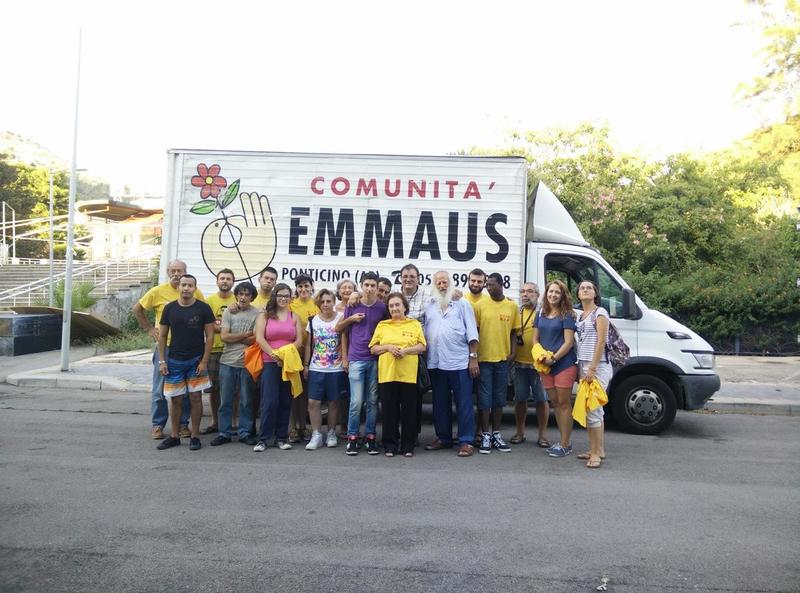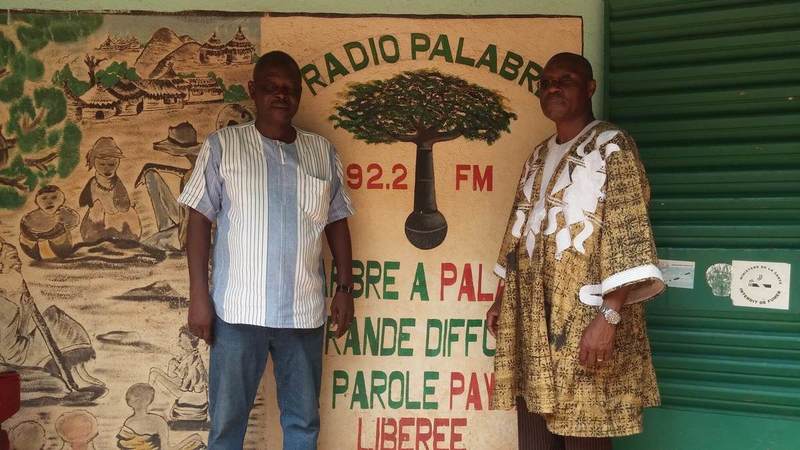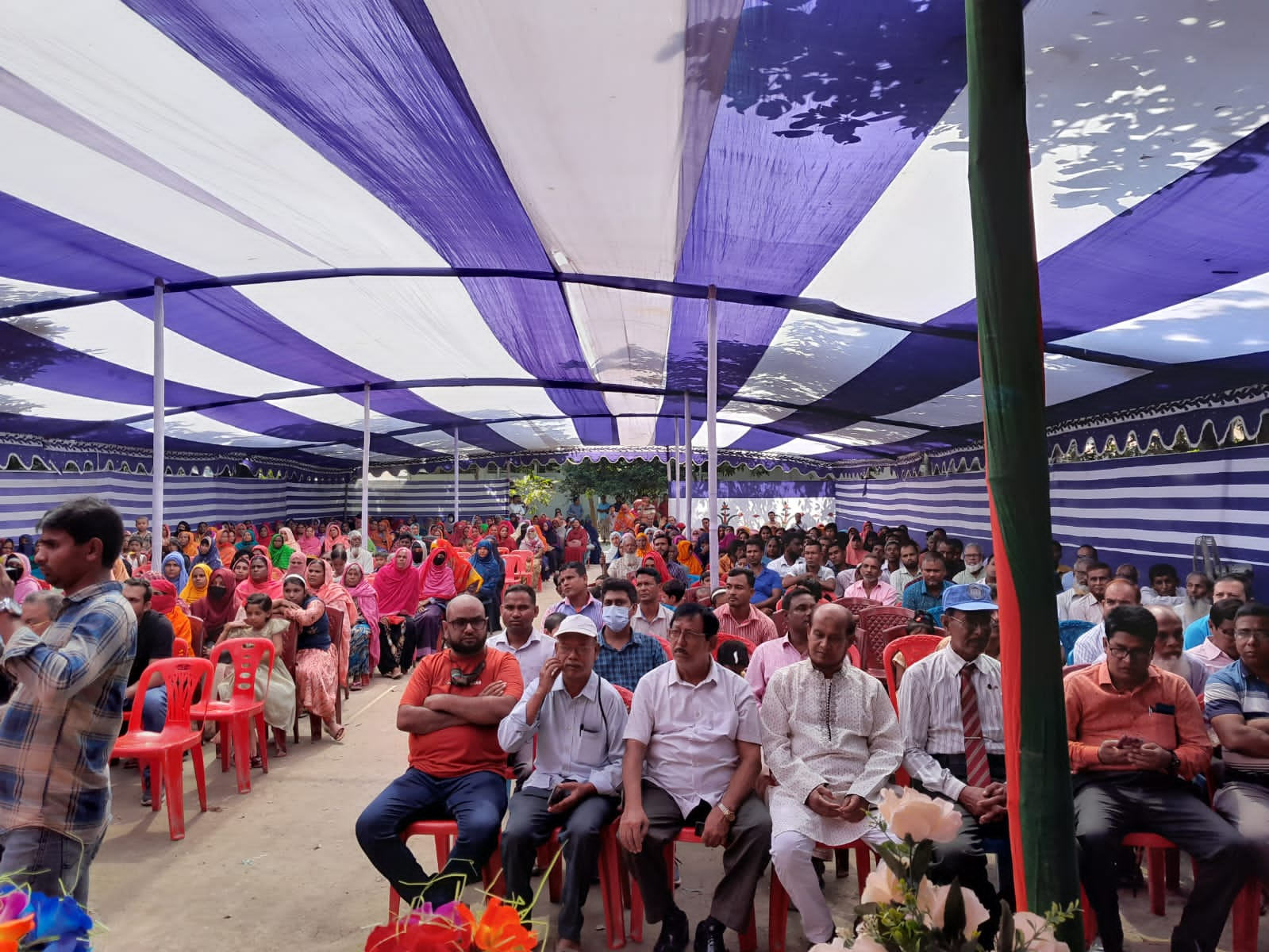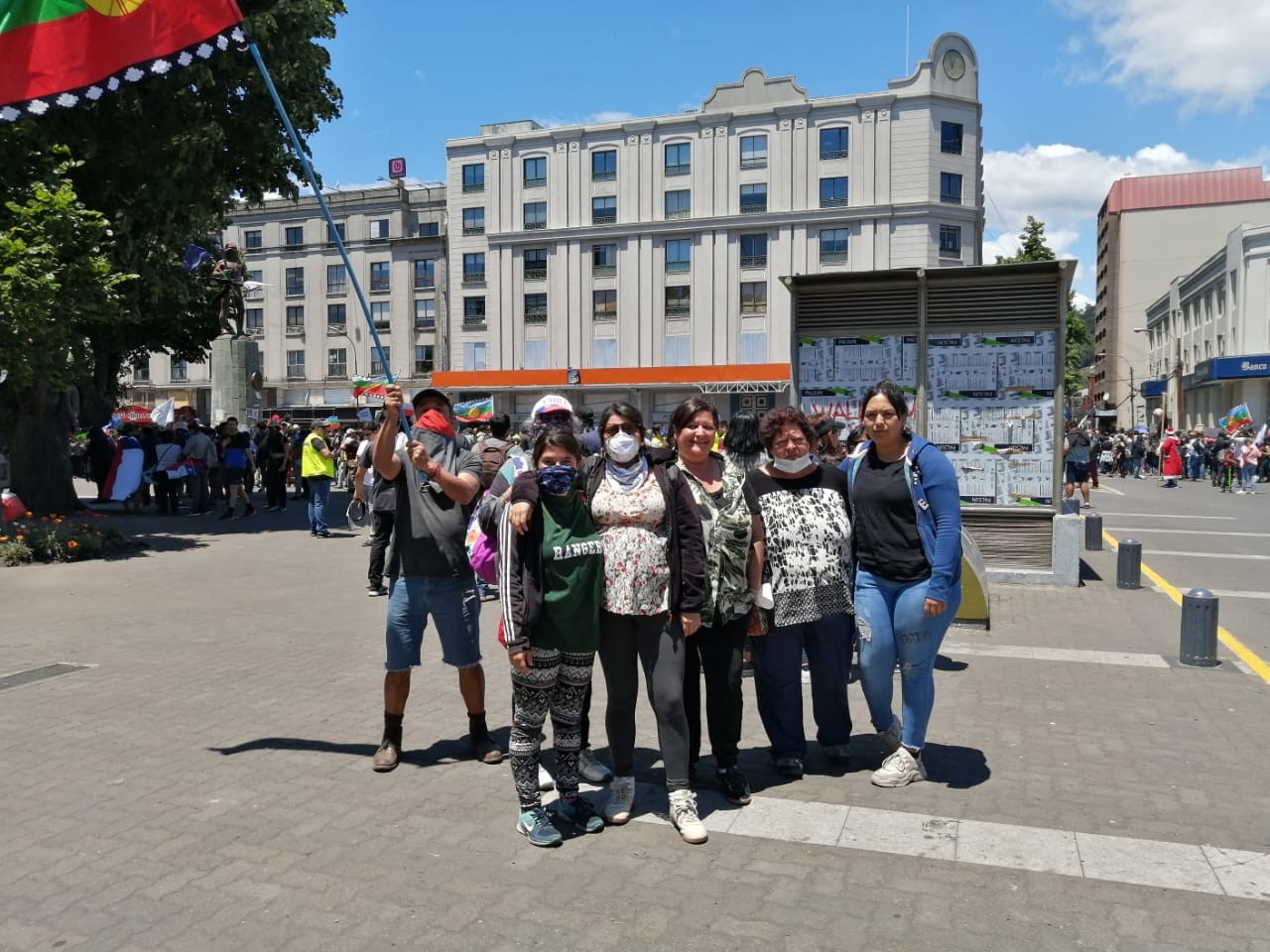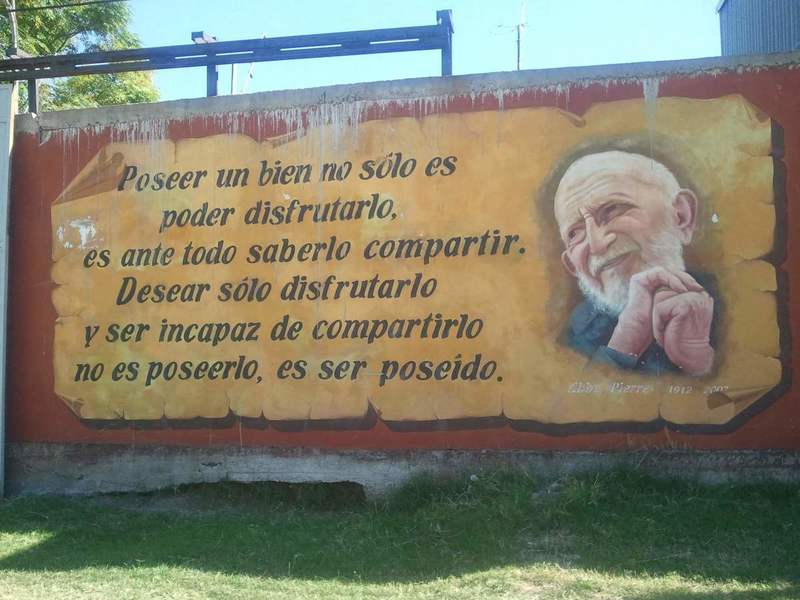
Montevideo – Uruguay
Rehabilitation through the Carnival in Prisons for Women
THE CONTEXT OF YOUR INITIATIVE
14 years ago the companions in the Emmaus Nuevo París community were looking at the story of Abbé Pierre and saw that the first companion and volunteer was George, an ex-prisoner whose desperate situation had led him to the verge of suicide. The founder of our movement could see that this man could help and that helping would help him too, “…by saving others we save ourselves…”
Thus started a project which has become a triumph of Abbé Pierre’s legacy. We were convinced that our project needed to be an energetic social action for a good cause and that it should also include elements of Emmaus’ social and development policy. In Uruguay it was, and still remains, difficult to go into prisons to work with prisoners. Some of the Emmaus groups from France heard about this initiative and decided to help us via a twinning which lasted for a few years. The relationship we built in the prisons was so strong that the community continues to do what we can although the twinning has come to an end and we have few resources at our disposal.
Our goal was to create a Creative Arts workshop which would involve many different disciplines of craftwork and both the theoretical and practical side of art. The goal was to create something beautiful whilst maintaining a social spirit, as is our mandate in a movement such as Emmaus.
THE ACTIVITIES CARRIED OUT AS PART OF YOUR INITIATIVE
We offer multidisciplinary workshops notably in trades such as carpentry, iron-work, electrics, tin-work and painting. This training in trades is mainly aimed at women.
The crafts are more targeted at men: paintings and murals, model-work, marquetry, knitting, weaving and sewing.
We understood the gender issues here and managed to succeed in having men sewing and women welding.
The objective of this work is to help the prisoners learn, but best of all they are able to participate in an activity and keep busy for a while. We were aware that they had certain skills and capabilities so we knew that they would learn quickly. Many of the women had never had a job before or had only worked in domestic service and they discovered their creative sides in these trades which are not typically practiced by women.
The main idea was to provide the prisoners with a pleasant space to be free within the prison compound and to help them understand the mistakes they made so that they never return to prison again, or rather that they never commit a crime again.
We help towards their formal education with our informal approach (according to the public prosecutor the work of many NGOs is ‘informal’ and yet we work both formally and effectively)
We use the carnival to raise awareness about environmental issues by using dispensable materials to make carts. Plastic containers used in the prison were collected and re-used for educational purposes. This piece of art was displayed during the parade.
One very important detail is that the majority (80%) of the participants in recent years have not re-offended and this has been thoroughly documented using the names and cell numbers of these former prisoners.
Everything is connected and our Prison Project has many links to the different struggles led by the Emmaus movement.
WHO IS INVOLVED FROM OUR GROUP?
One companion is directly involved in this Project and he receives support from a social coordinator.
● Support from the group involves selecting materials, clothes and electrical items for the prison. These items are directly donated to the prison and often work perfectly once inside the prison
● The companion who works as a trainer in the prison has experience in many different jobs and has knowledge of technical matters, particularly in this type of trades, as well as being skilled in cultural and artistic techniques
● The companion who works as a trainer and who is in charge of this project has a wealth of experience in working in prisons and this is clear from how he is welcomed when he goes into the prisons
● Nuevo París pays a salary and per diems to the companion, who also works as a volunteer given that he does many extra hours and extra days work. Nuevo París also contributes towards the monthly expenditure on materials, postage, etc.
● Several organisations that are involved in prison work have participated in this project. Such activities bring together many different people to work together, side-by-side
WHICH PARTNERS ARE YOU WORKING WITH ON THIS INITIATIVE?
FUTURE PROSPECTS
THE EFFECT AND THE SOCIAL IMPACT of this project is clear to see on the Internet, in the press, in YouTube videos and on social networks.
We have been successful in spreading the word about this project externally, notably with the press, but the most important thing has been our internal mobilisation and the high level of participation of prisoners. One example of this is the comments we have heard in our meetings with the directors:
“…we wanted to let you know that from now on that we will have to manage the schedule in order to coincide with the workshops because if the classes are given by a different teacher then no-one attends… they only want to go to his carnival workshop…”
These difficulties with the authorities were hard for us but at the same time we were reassured us that the work carried out by Emmaus was really well received by the prisoners.
We have also heard that the cheeriness of the Emmaus workshops annoyed certain people. This is why we are Activists for Change. This is a great example and we are happy it’s this way!
WOULD YOU LIKE TO ADD ANY INFORMATION ABOUT YOUR INITIATIVE?
WHAT ARE YOUR PROSPECTS?
We need increased financial support to keep working on this project as well as political and human understanding on the behalf of our national representatives in order to strengthen our strategic partnerships.
We also need to renew our own commitment to this project with the whole community behind it as this is a long-term project. We could also provide support to the prisoners’ family members and provide training for our companions in order to ensure the long-term future of this initiative.
We want to show this initiative to the Emmaus groups across the world at seminars and meetings so that people become aware that this topic of crime and drugs is a global issue.

